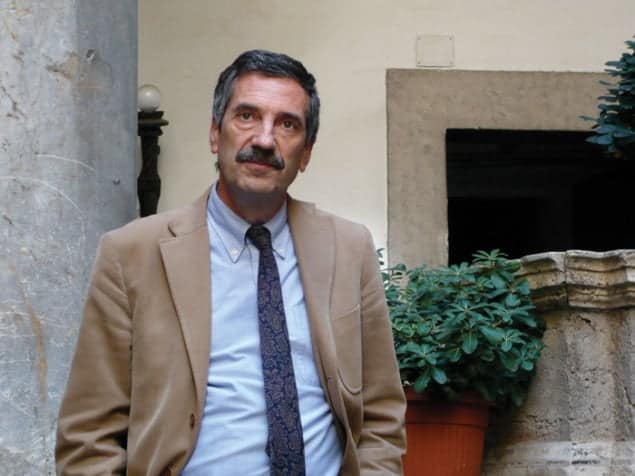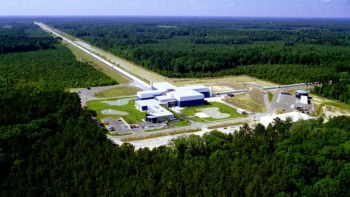
Italian physicists have reacted with anger to proposed cuts to the country’s research funding. Particularly hard hit would be the National Institute of Nuclear Physics (INFN), which has been slated to absorb nearly half of the €120m reduction in the research ministry’s budget as outlined in a decree earlier this month.
The cuts to research are part of a broader “spending review” carried out by the government of Mario Monti to try to contain Italy’s enormous public debt, which will see spending slashed by €26bn over the next three years. The INFN stands to lose just over €9m this year – some 3.8% of its budget – and more than €24m (10%) in both 2013 and 2014. This compares with the 1.2% and 3.3% cuts that the country’s largest research organization, the National Research Council, has to contend with in 2013 and 2014, respectively, and the 0.2% and 0.6% reduction for the Italian Space Agency. These cuts come in addition to a 10% reduction in research agencies’ technical and administrative staff, in line with other civil-service bodies. The timing of the cuts came just two days after the announcement that a Higgs-boson like particle had been observed at the CERN laboratory in Geneva.
Letter to the president
INFN president Fernando Ferroni expressed his outrage at the cuts in a letter to Italian president Giorgio Napolitano, who a few days earlier had himself written to CERN’s research director Sergio Bertolucci to offer his congratulations on the Higgs discovery. Ferroni wrote that the INFN is ready to make economic “sacrifices” but that the spending review “penalizes quality and excellence”, arguing that “if Italy wants to exit the crisis with a long-term vision, science cannot be seen exclusively as an accounting problem”.
Ferroni was separately quoted by the newspaper La Repubblica as saying that the INFN had been hit hardest because it spends only 55% of its budget on wages and other non-negotiable expenses, whereas that percentage can be as high as 90% at other institutes. He estimated that the INFN’s spending on experiments – at CERN, the Gran Sasso underground laboratory and elsewhere – would therefore have to be reduced by around 30%.
Strategic consequences
Along with Fabiola Gianotti, spokesperson for CERN’s ATLAS experiment, and Guido Tonelli, former spokesperson of the neighbouring CMS detector, Bertolucci wrote an open letter to the media saying that if the cuts are confirmed, “the INFN would find it impossible to continue its activities effectively and to honour its national and international commitments”. They also complained that the government had not consulted the INFN in drawing up its spending review, which, they said, showed a “worrying imprudence in evaluating the strategic consequences of the cuts”.
Because the decree is still being discussed in parliament, researchers are hopeful that the government might scale back the cuts to nuclear and particle physics. Unfortunately, the Italian senate has approved the decree and it will now go back to the lower house for approval, but the specific details will not be known until the final decision is made over the next few days.
According to a source inside the research ministry, it is likely that while the total reduction in research funding will be cut as planned, research minister Francesco Profumo will decide how that total is divided up, in which case the cut to the INFN budget would “certainly be lower” than planned.



